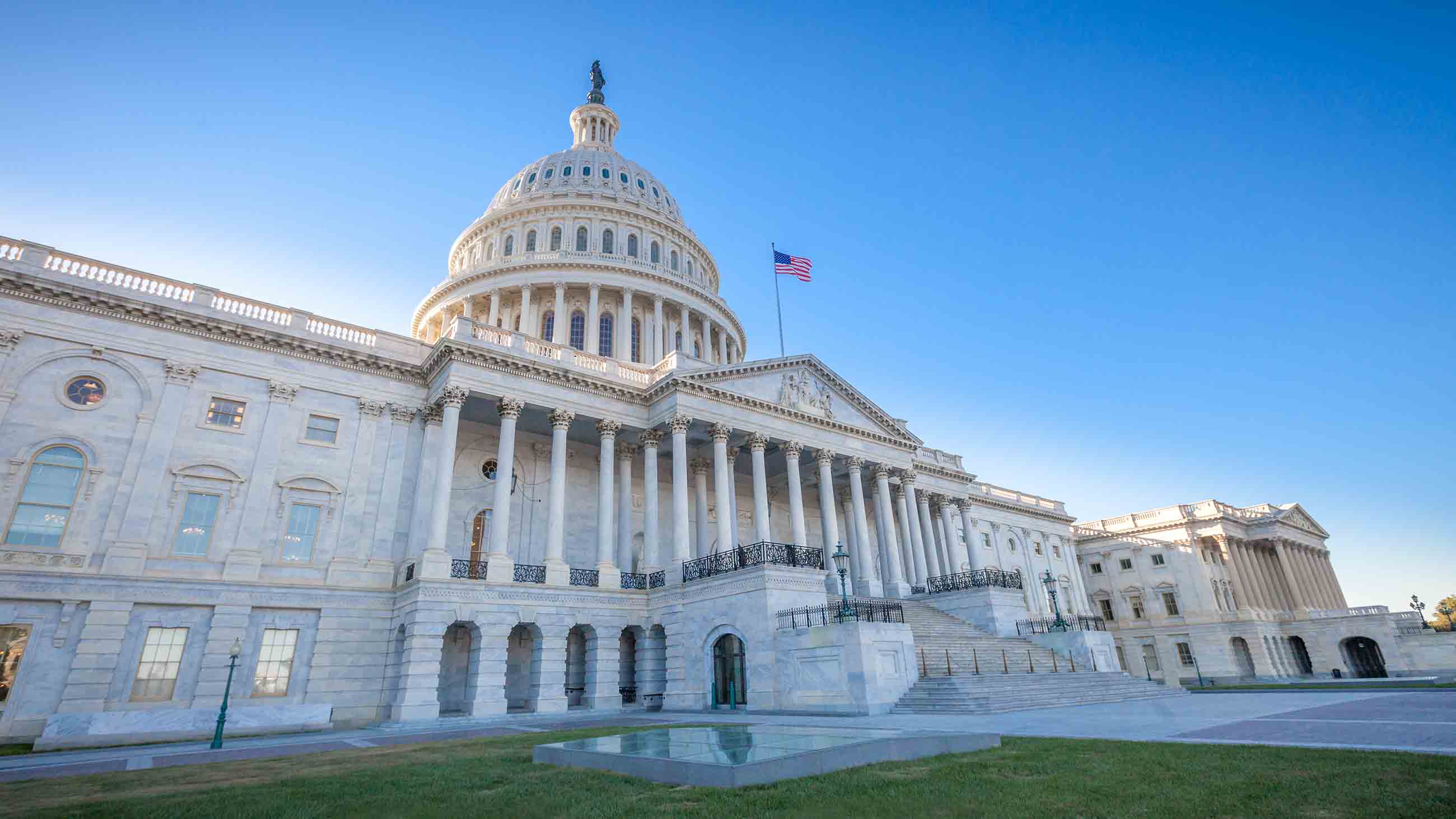REVISED June 28, 2017: Although Senate Republicans had initially promised a vote on its “Better Care Reconciliation Act of 2017,” now it appears that will not be the case prior to the July 4 recess. With the release of the Congressional Budget Office report on the act, it did not appear there would be enough support to pass the legislation. While the bill is not dead, it appears that Senate Republican leaders want more time for discussion.
The Medical Association continues to review the legislation as proposed, remains in contact with Alabama’s Congressional Delegation, and is closely monitoring the legislation as it moves forward.
June 23, 2017: On Thursday, Senate Republicans released a draft of its version of their legislation intended to repeal and replace the Affordable Care Act. The 142-page “discussion draft,” called the “Better Care Reconciliation Act of 2017,” resembles the version passed by the House in May by repealing the ACA’s individual mandate and several taxes on the industry. However, the proposed legislation has several differences as well.
Pertaining to Medicaid:
- Medicaid expansion is phased out from 2020 to 2024.
- Medicaid’s funding structure would change to a per-capita arrangement, creating deep cuts in funding beginning in 2025.
- States would be allowed to require nondisabled, nonelderly, nonpregnant participants to satisfy a work requirement for eligibility.
For the individual market:
- Subsidies would be based on income, not age, as included in the House version, and the subsidies will be less generous being capped at 350% of the federal poverty level.
- In 2018 and 2019 $15 billion would be set aside ($10 billion in 2020 and 2021) for health insurers to “address coverage and access disruption and respond to urgent health care needs within states.”
- The proposed legislation sets up a “long-term state stability and innovation program,” to be funded with $62 billion over eight years.
- States will have flexibility to opt out of the ACA’s provisions regulating individual markets by tweaking existing 1332 waivers.
The Medical Association is reviewing the legislation as proposed, remains in contact with Alabama’s Congressional Delegation, and is closely monitoring the legislation as it moves forward.
